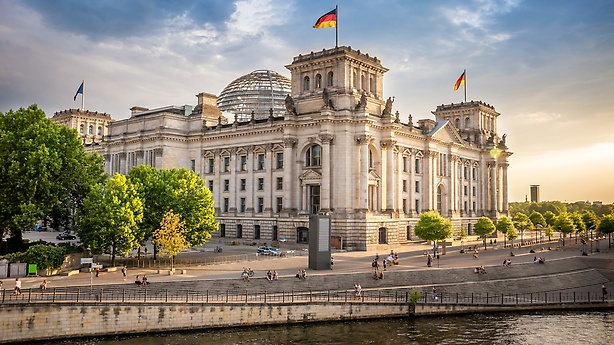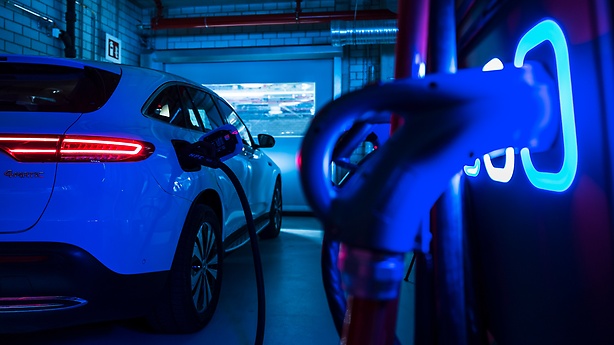For Mercedes-Benz, the international exchange of goods and services is of high importance as supply chains no longer end at the border. This aligns with our global customer base.
The World Trade Organization (WTO) establishes rules for trade and cross-border investment. Multilateral trade policy is necessary to ensure a free, fair and rules-based trade environment.
Mercedes-Benz pleads for the strengthening of the WTO, in particular given the evolving recent restrictive changes in the trade space, and to meet the need for certainty in the movement of goods such as finished vehicles and inputs.
Trade agreements with states or regions are an additional important element to facilitate trade and improve economic cooperation between countries. Companies and consumers alike benefit from abolishing tariffs and non-tariff barriers to trade, cooperation on standards, investment protection, climate commitments and workers' rights.
For globally oriented companies, the free movement of goods and the possibility of cross-border investments are equally important preconditions. While investments by foreign partners have increasingly been subject to scrutiny in various countries, they are and will remain an important cornerstone for employment and prosperity. Mercedes-Benz international operations, from Sindelfingen to Beijing, China and Tuscaloosa, USA can only function properly under these conditions.
Whereas trade and investment agreements create the necessary framework conditions to operate internationally, it is also important for companies to consider the value chain holistically, classify priorities and mitigate risks. In the course of the transformation in the fields of electromobility and digitisation, raw materials have become increasingly important. An active European raw material strategy can help reduce dependencies that influence the sovereignty of selected sectors of the economy. Mercedes-Benz is clearly committed to responsible procurement of production and non-production materials and services. The aim is to ensure that Mercedes-Benz products contain only raw materials and materials that have been extracted and produced without violating human rights and environmental standards.
Especially in the recent past and given the increasing geopolitical tensions, it has become apparent that not all countries follow the principles of a market economy or democracy. In the relations with these countries, rules for a differentiated relationship have to be defined.
,xPosition=0,yPosition=0.5)
,xPosition=0.5,yPosition=0)
,xPosition=0.5,yPosition=0)
,xPosition=0.5,yPosition=0)
,xPosition=0.5,yPosition=0)
,xPosition=0.5,yPosition=0)
,xPosition=0.5,yPosition=0)
,xPosition=0.5,yPosition=0)
,xPosition=0.5,yPosition=0)
,xPosition=0.5,yPosition=0)
,xPosition=0.5,yPosition=0)